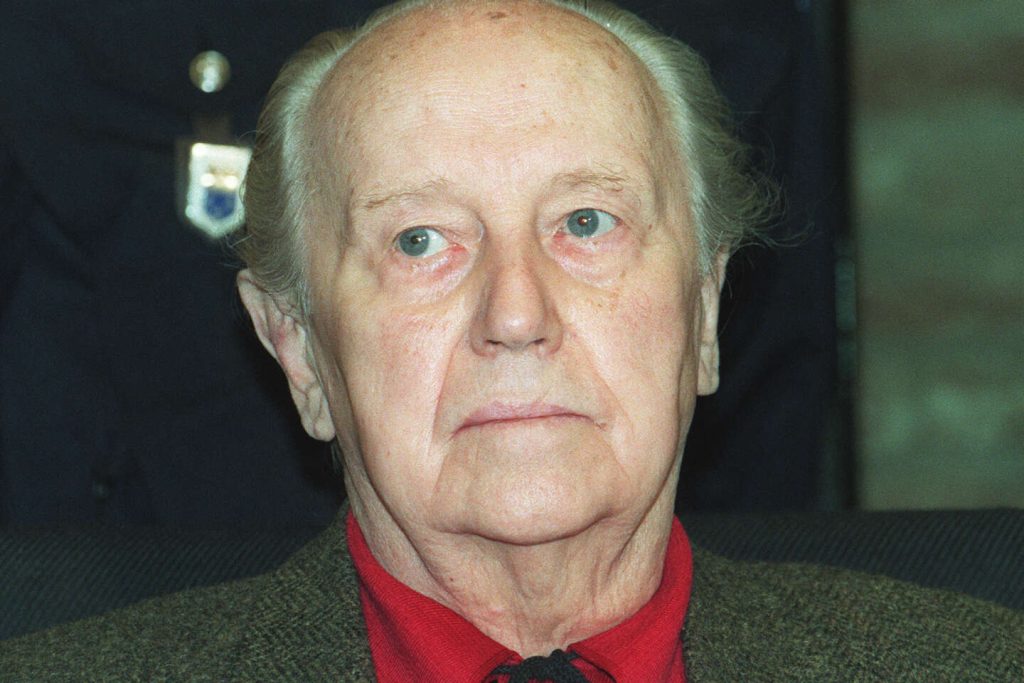Paul Touvier, former chief of the Milice in Lyon during the Occupation, is awaiting the opening of his trial for crimes against humanity at the Versailles criminal court on March 17, 1994. The government aims to facilitate access to World War II archives to “fight against revisionism and forgetting.” The Minister of Justice announced the opening of the archives related to the trial of Paul Touvier, who was convicted in 1994 for complicity in crimes against humanity during the Occupation. The government has authorized early access to these archives, which are stored in national archives, as well as in departmental archives in Lyon and Yvelines.
The decision to allow access to these archives fifty years before the scheduled date is seen as a step towards enhancing knowledge of this historic trial, as well as promoting memory and truth work. This move comes as celebrations for the 80th anniversary of the landings and Liberation begin. Paul Touvier was a former leader of the Lyon Milice, a Vichy regime official, implementing Vichy laws during the occupation of France by Nazi Germany. He was sentenced to death in absentia in 1946 and 1947 for crimes committed in his official capacity.
Touvier was pardoned in November 1971 by Georges Pompidou before being retried in 1994 by the Yvelines Assize Court for complicity in crimes against humanity. He was ultimately sentenced to life imprisonment for complicity in crimes against humanity, particularly for the massacre of Rillieux-la-Pape, where seven Jews were executed in 1944. He became the first Frenchman to be convicted of a crime against humanity. The government believes that allowing access to these archives will contribute to a better understanding of this historic trial and further enhance efforts to preserve memory and truth.
The opening of these archives is part of the government’s efforts to combat revisionism and ensure that the crimes committed during World War II are not forgotten. By providing early access to the documents related to Paul Touvier’s trial, the government hopes to shed light on this dark period in French history and educate future generations about the atrocities that occurred during the Occupation. This decision also comes at a time when the 80th anniversary of the landings and Liberation is being commemorated, emphasizing the importance of remembering the sacrifices made during this pivotal period.
Overall, the government’s decision to grant early access to the archives related to Paul Touvier’s trial for crimes against humanity is a significant step towards promoting memory, truth, and understanding of France’s history during World War II. By allowing researchers and the public to delve into these documents, the government hopes to combat revisionism and ensure that the horrors of the past are not forgotten. This initiative aligns with ongoing efforts to preserve memory and educate future generations about the atrocities committed during the Occupation, while also honoring the victims who suffered during this dark period in French history.


